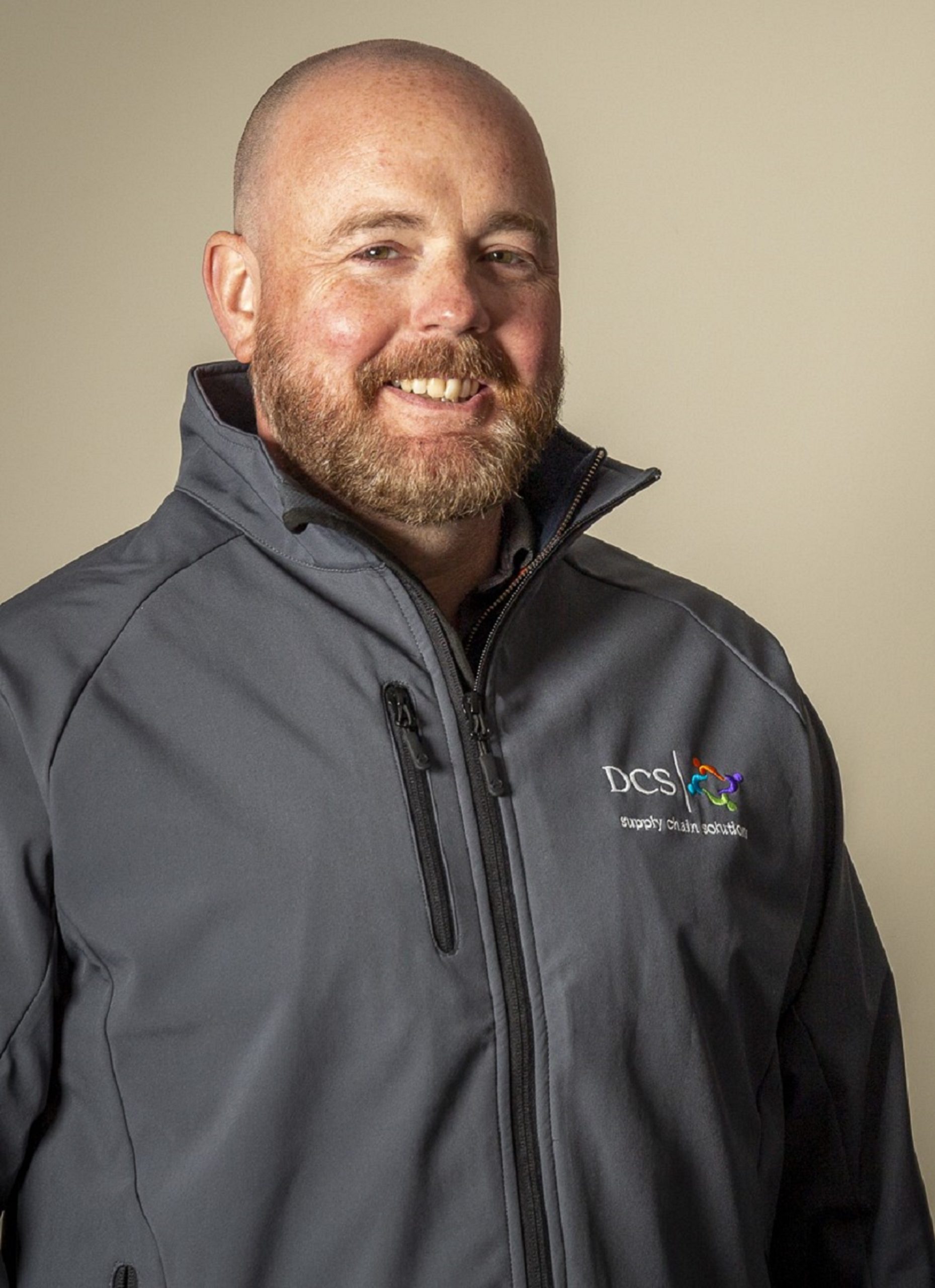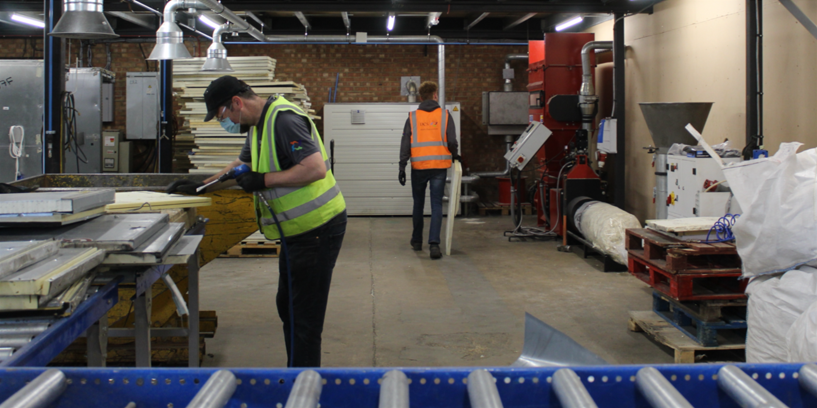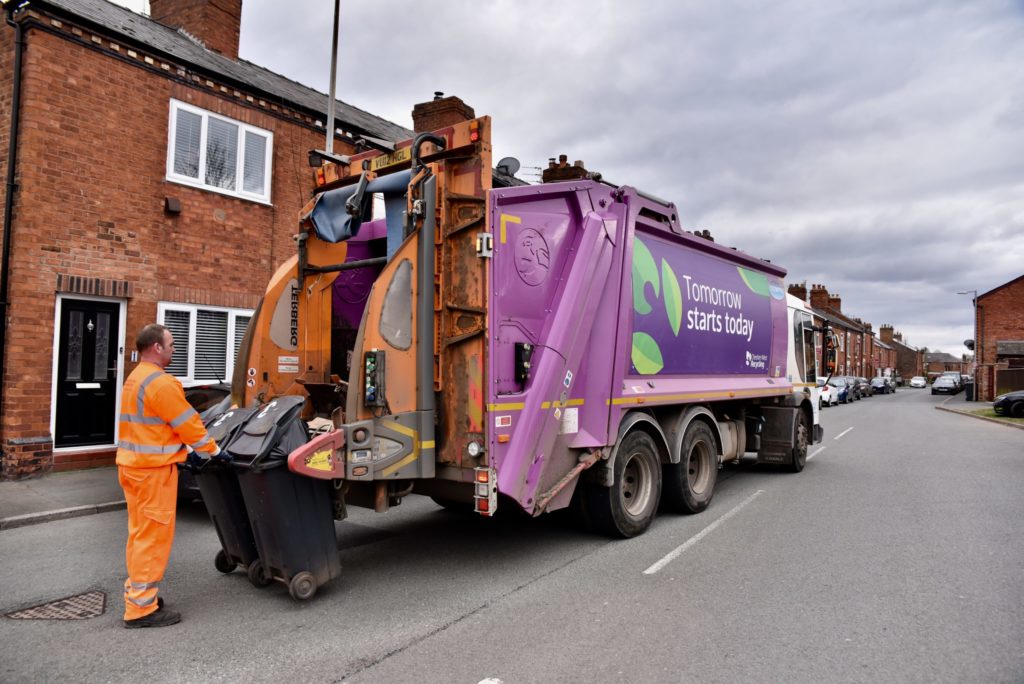There is less than a year before revisions to hazardous waste regulations mean more stringent standards for the recovery and recycling of fridges need to be followed. Revisions to Environmental Permitting Regulations and new air emissions targets under the Industrial Emissions Directive were introduced in 2018, with operators given four years to comply.
Earls Barton
For DCS, this meant implementing serious changes at the company’s site in the village of Earls Barton, nestled between Northampton and Wellingborough. When the revisions were announced, the services DCS offered was the recycling of commercial refrigeration systems.

Director Matt Davis said: “We had a standard rules permit. We had to move away from that to the IED installation permit to enable us to carry on recycling how we would have if they hadn’t changed the standard rules. So, the new permit came with lots of new conditions in relation to air emissions targets.”
As well as making changes to comply with the new requirements, Mr Davis saw an opportunity to revolutionise his business, whilst helping retailers to be more ‘resource-efficient’.
As of this year, the company now offers supermarkets everything from secure warehouse storage and project management of large installation programmes to the removal of old assets for recycling.
And, the business is well-positioned to comply with emissions requirements for years to come.
“The development of our state-of-the art operations included identifying and investing in ground-breaking technology which historically has never been utilised in the commercial fridge recycling processes,” Mr Davis said. “This means we are ahead of the game, having already met new air emissions targets which need to be in place by 2022.”
Commercial fridges
Mr Davis founded DCS in 2011. At this point, the business, which is one of very few in the country to specialise in commercial refrigeration systems, focused purely on refurbishment.

In 2016, DCS began recycling display cases to meet customer requirements and the company is now capable of processing up to 10,000 tonnes of commercial units per year.
These days, there are 80 employees across the whole business, fulfilling roles such as project management, installation, removals and machine drivers and operators.
With commercial refrigeration systems varying greatly in shape and size, there is no automated solution. Instead, DCS’s recycling team dismantles the machines by hand, separating them out into their constituent parts.
DCS says it receives fridges from a whole host of supermarkets, including the likes of Tesco and Marks & Spencer, across the country. The units can be separated into two types: ‘remote’, which do not contain compressors with oils and refrigerants, as this element of the cooling system is held elsewhere within the retail units, and ‘integral’, which are more similar to domestic fridges.
All component parts including the plastics, glass, ferrous and non-ferrous metals, and insulation foam are recovered for reuse, new products or refuse derived fuel.
Emissions
The Environment Agency granted DCS a permit variation for its Northamptonshire facility in August 2020, with the proviso it needed to take steps to meet the new air emissions targets due to come into force in 2022 (see letsrecycle.com story).

A requirement of the Agency granting the permit variation was DCS installing an emissions abatement system, given the company planned to begin processing material such as foam in-house. Previously, the company would have contracted out this element of the recycling process.
Mr Davis said: “When we’re processing the foam of the installation element of the material, because we’re not an automated plant, there was no off-the-shelf solution for it. We had to adapt the technology to fit our process rather than being able to go along and buy, say, cryogenic equipment. We had to find a solution.”
We are ahead of the game, having already met new air emissions targets which need to be in place by 2022– Matt Davis, founder and director of DCS
The answer was a bespoke emissions abatement system, designed in tandem with an industrial equipment supplier. The system treats volatile organic compounds generated from the recycling process, which could otherwise be harmful to the environment. The machinery compacts material and captures blowing agents, fumes and dust to ensure air emissions limits are reached.
“Even the technology provider was somewhat reluctant to commit to hitting the targets because they thought they were excessive,” Mr Davis said. “But from the thousands and thousands of parts per million that begin the process down to five – it’s almost fresh air – it’s a really good result.”
In August 2021, the Environment Agency issued DCS with a Compliance Assessment Report, confirming requirements under the Environmental Permitting Regulations had been met.
Circular economy
For Mr Davis, the design of the new system and the introduction of the full supply chain solution represent an example of the circular economy in action.
The video above shows a drone footage tour of DCS’s facility in East Barton
In difficult circumstances, DCS has proved itself capable of keeping up with and exceeding the stringent requirements needed for the safer recycling of the future.












Subscribe for free